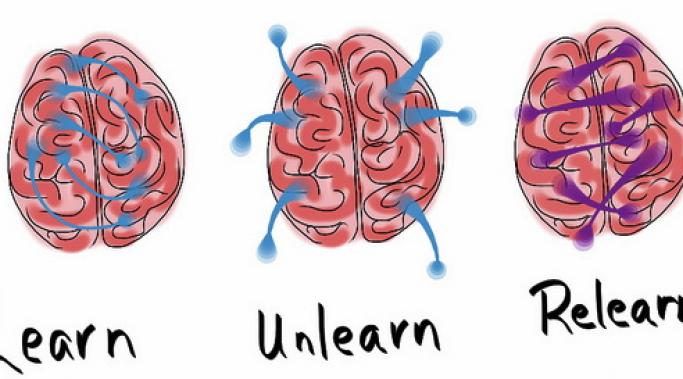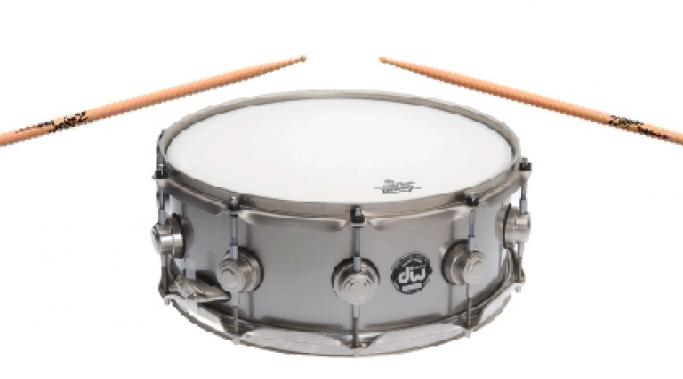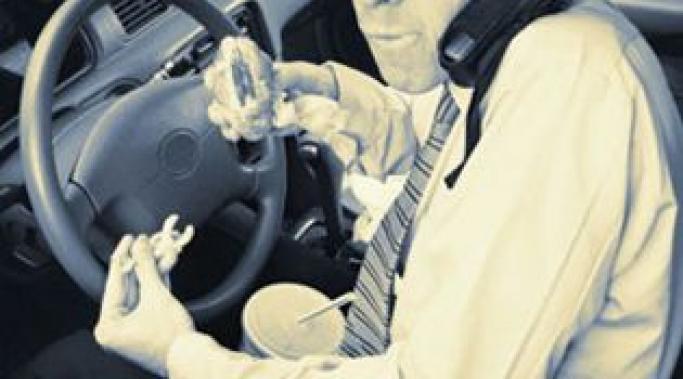Last night, I had just about the best night ever and I didn't have to think about keeping my hyperactive monster in check or about staying focused. I found the ultimate way to let my adult attention-deficit/hyperactivity disorder (ADHD) reign free! The way my brain wants me to work is to make jokes 99% of the time, move around a lot, make others laugh a lot (did I mention that), switch accents up when talking and entertain people. My brain's desire doesn't always serve me well when it's not kept in check, but it did last night. Why? Because I went to a murder mystery dinner.
ADHD Self-Help
Before heading back to school in 2012, I spent about seven years in the workforce. I was a real adult. I paid bills on time; bought and sold a car; and, rode public transportation. I had relationships. I lived in Houston, Texas on Cape Cod and in Boston -- totally a real adult. Also, oh yeah, like I've told you all a thousand times before, I did all this while having adult attention-deficit/hyperactivity disorder (ADHD), which made everything just a little bit more difficult than it needed to be. I was honest at each of my places of work regarding my diagnosis. Though I had no formal accommodations, steps were made at times (intentionally or naturally) to make life a little easier for me (For Mental Illness, Should I Check the Disability Box?).
Adult ADHD, School and the ADA
First off, let me say that I am not an expert on the Americans with Disabilities Act (ADA). I only know how my own story and how my adult attention-deficit/hyperactivity disorder (ADHD) has interacted with the ADA in the workplace and during my time in higher education. I could, of course, make this disclaimer before each of my adult ADHD blog articles, but feel it's extra important for this one as it involves sensitive, intricate and detailed legal workings. I am no lawyer and never will be. After these three years of physical therapy school are done, I plan on being done as well!
Hello again, friends. This week I'm going to write about how to follow my own advice (or the advice of anyone) while simultaneously having adult attention-deficit/hyperactivity disorder (ADHD). In my last post, I wrote about a bunch of things and also mentioned how great it was to be on break from school and have some time off. I disagree with my last-week self. It is not fun to be on break and I'm unsure how to now structure my time. I've known how to do it in the past, so why do I feel like I need to re-learn it now?
I've got my computer tuned to one of those fun websites that let's you watch a ton of television and I'm watching season four of Top Chef. There is one person on this season that has got me wondering how we, those of us with attention-deficit/hyperactivity disorder (ADHD), look to others. I have zero idea whether he has adult ADHD, but it sure does seem like it. What do I mean by that?
About two years ago, when I was still living in Boston, I found that love for running people are always talking about. That thing that gets them out of bed and running every day - a runner's "high." I found it and I loved it. Then, I started physical therapy school and lost any time for running to the hours and hours of classroom and out-of-classroom work. About a month ago, my wife and I began the Couch to 5k and it's amazing.
Turns out, meditation is amazing and can help with your symptoms of adult attention-deficit/hyperactivity disorder (ADHD). Earlier this month, the New York Times' blog, Well, posted on the benefits of meditation for those of us with adult ADHD and whether it could work better than medication. Much of the research cited seemed to show that meditation can be a great addition to medication - and, even better, it can work just as well as medication. How the heck do those of us who can't pay attention well learn to pay attention long enough to meditate?
Jerome et al released a study in 2006 titled What we know about ADHD and driving risk. The study was a meta-analysis, which means that it took the results from many studies and boiled them down to a single clinical bottom line. The meta-analysis showed that those of us with adult attention-deficit/hyperactivity disorder (ADHD) are, indeed, at far "higher than normal rates of negative driving outcomes." This doesn't mean we have higher rates of accidents, exactly, but can include citations, speeding tickets and the like. What do we do?
I have been working on my executive functioning (EF) skills during my week long break from school. How have I, chock full of adult attention-deficit/hyperactivity disorder (ADHD), accomplished this? Well, by practising the steps of EF: planning, organizing and only then completing a task. I began, and completed, one project over break and am currently in the middle of my second (which I sadly won't finish for quite some time).
This weekend I had the privilege of co-housesitting with my wife for a lovely couple with an adorable pup named Lola. Lola, being a pup, doesn't suffer from adult attention-deficit/hyperactivity disorder (ADHD), though she was as excited as I was to run circles around the dining room table with a toy in her mouth. My last final of physical therapy school was Friday, my adult ADHD having been pushed to the limit with five finals during the week, Lola provided some much needed animal Zen.









